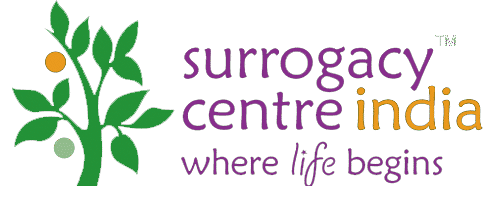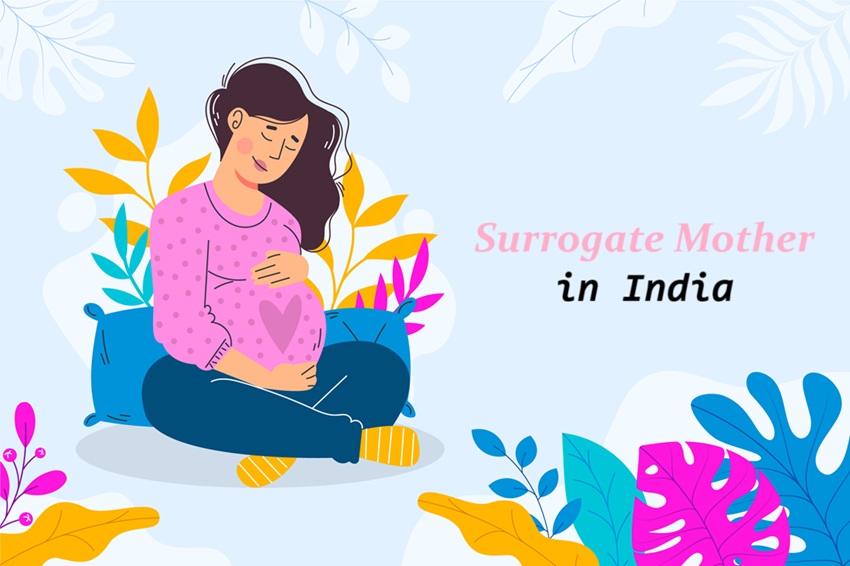The journey to parenthood can be a challenging one, especially for couples and individuals undergoing in vitro fertilization (IVF). Fortunately, making the right dietary choices can play a significant role in boosting your chances of IVF success.
- Fruits and Vegetables
A diet rich in fruits and vegetables provides essential vitamins, minerals, and antioxidants that can enhance fertility. These foods offer a wide array of nutrients that support hormonal balance, egg quality, and reproductive health. Aim for a colorful variety in your daily meals to maximize their benefits.
- Healthy Fats
Incorporate sources of healthy fats, such as avocados, nuts, seeds, and olive oil, into your diet. These fats are crucial for hormone production and regulation. They also aid in the absorption of fat-soluble vitamins like vitamin D, which is essential for fertility.
- Protein
Protein is a key component in fertility-boosting diets. Opt for lean protein sources like poultry, fish, and plant-based options. Protein supports egg development and quality while helping to stabilize blood sugar levels, which is vital for hormone balance.
- Whole Grains
Whole grains like brown rice, quinoa, and whole wheat bread provide a steady supply of energy and fiber. This helps maintain stable blood sugar levels and supports overall health. Avoid refined grains, as they can lead to insulin spikes.
- Omega-3 Fatty Acids
Omega-3 fatty acids, found in fatty fish like salmon and in flaxseeds and walnuts, have been linked to improved fertility. They reduce inflammation, support egg quality, and may enhance uterine health.
- Dairy and Calcium
Dairy products and calcium-rich foods are essential for reproductive health. Calcium helps regulate the menstrual cycle and supports the development of the uterine lining. Opt for low-fat or non-dairy alternatives if you’re lactose intolerant.
- Folate and Folic Acid
Folate, found in leafy greens, citrus fruits, and legumes, is crucial for preventing neural tube defects in a developing fetus. If you’re planning for IVF, a folic acid supplement may also be recommended by your healthcare provider.
- Antioxidants
Antioxidants like vitamin C, vitamin E, and selenium can help protect eggs and sperm from oxidative damage. Berries, nuts, and seeds are excellent sources of these fertility-boosting antioxidants.
- Hydration
Staying well-hydrated is essential for fertility. Water helps maintain cervical mucus quality, supports uterine health, and ensures the proper function of your reproductive system.
- Moderation is Key
While these fertility-boosting foods are essential, it’s equally important to avoid or limit certain foods and habits that can hinder fertility. These include excessive caffeine, alcohol, sugary foods, and processed foods.
Conclusion
Diet plays a significant role in your overall health and, in turn, your chances of IVF success. Incorporating fertility-boosting foods into your daily meals can create a supportive environment for your IVF journey. Remember that individual dietary needs may vary, so consult with your healthcare provider or a nutritionist to develop a personalized plan that suits your specific needs. By making conscious choices and adopting a balanced, nutrient-rich diet, you’re taking a proactive step towards realizing your dream of parenthood through IVF.





